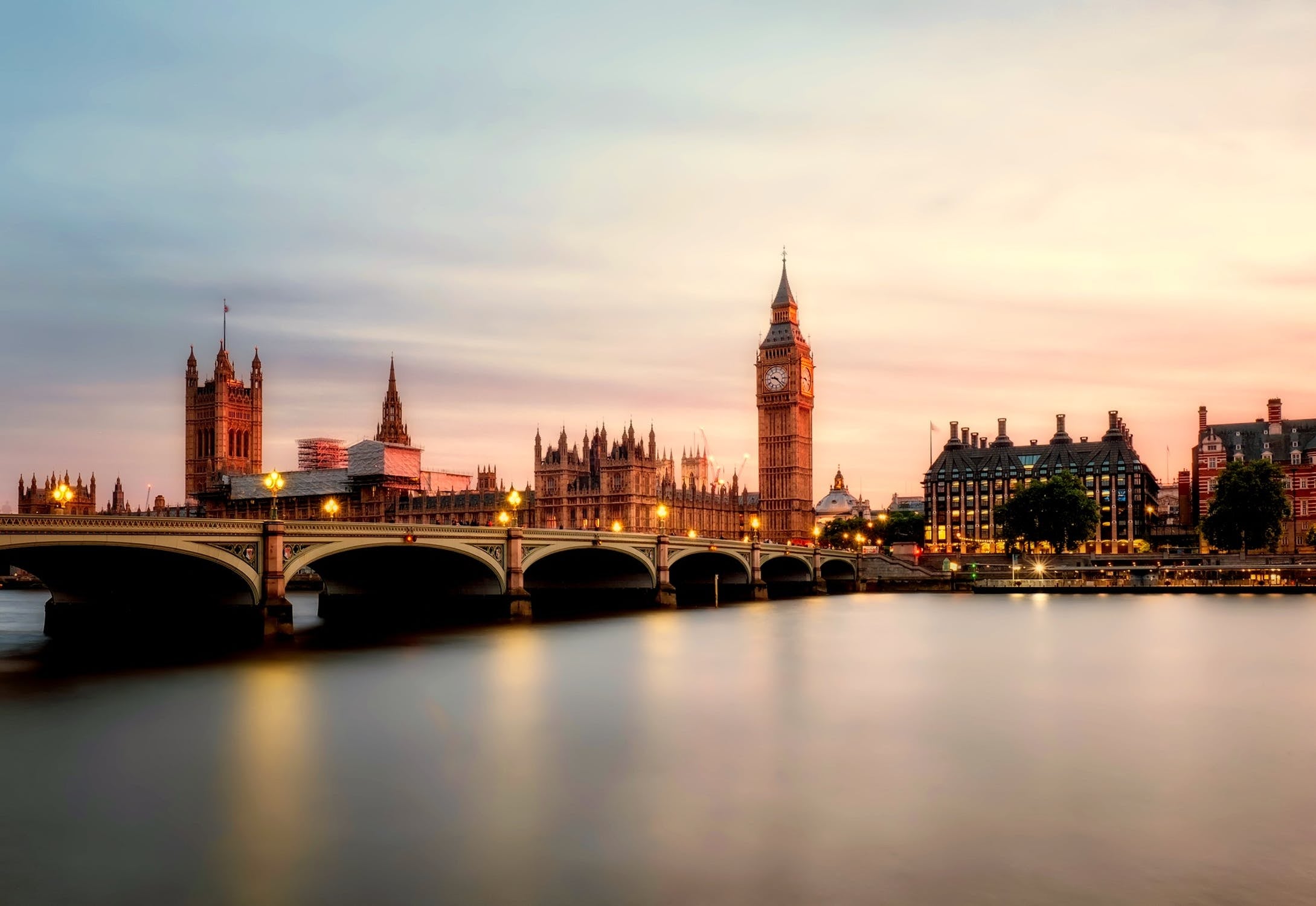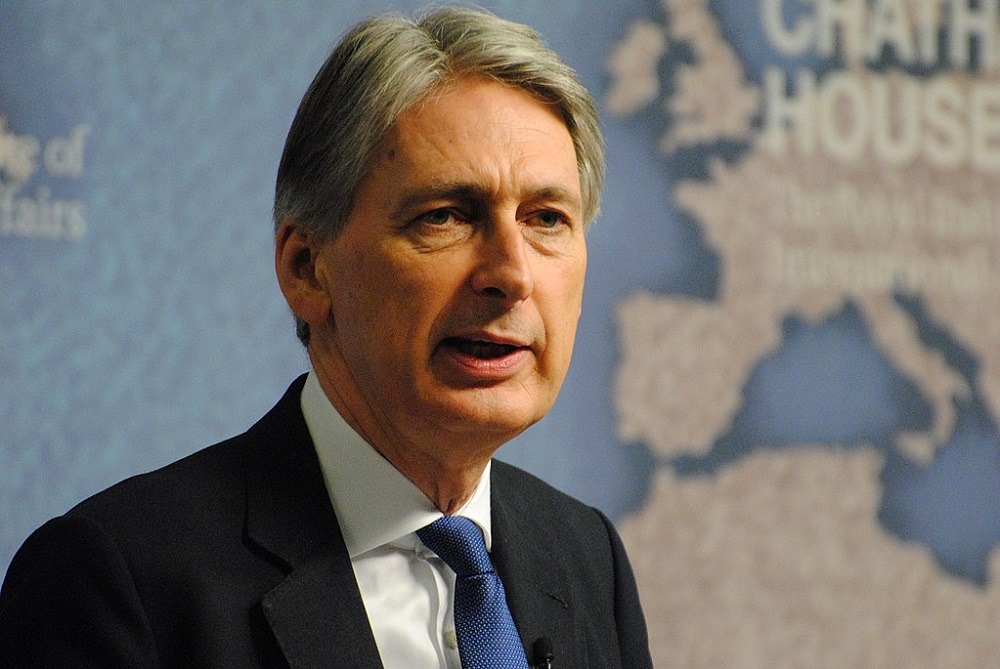
The latest study from the Committee on Climate Change (CCC) claims the UK government is lagging significantly behind its net zero emissions target for 2050.
Outgoing Prime Minister Theresa May legislated the goal last month, signifying the intention of progress, but the annual report to Parliament says Britain must now translate this act into tangible action.
As evidence for the fact this has not yet happened to date, the independent advisory body cited the UK’s completion of just one of its 25 critical policies aimed at reducing emissions over the past year.
“The UK is the first major economy to set a net-zero emissions target and intends to host the world’s leaders at next year’s landmark climate conference (COP26),” said chairman Lord Deben.
“These are historic steps forward and position the UK at the forefront of the global low-carbon transition.
“But international ambition does not deliver domestic action. It’s time for the government to show it takes its responsibilities seriously. Reducing emissions to net zero by 2050, requires real action by government now.”

UK net zero target now law
The UK government announced on 12 June its target of reaching net zero emissions by 2050 had been made law.
Britain is the first G7 country to make a move towards curbing climate change of this magnitude, building on its previous target of cutting emissions by 80% over the next three decades.
Achieving net zero means all emissions from buildings, transport, agriculture and business will have to be entirely avoided or offset by removing carbon dioxide from the atmosphere by other means.
“As the first country to legislate for long-term climate targets, we can be truly proud of our record in tackling climate change,” said Mrs May.
“We have made huge progress in growing our economy and the jobs market while slashing emissions – now is the time to go further and faster to safeguard the environment for our children.
“This country led the world in innovation during the industrial revolution, and now we must lead the world to a cleaner, greener form of growth.
“Standing by is not an option. Reaching net zero by 2050 is an ambitious target, but it is crucial that we achieve it to ensure we protect our planet for future generations.”
Chancellor Philip Hammond openly stated the target will cost more than £1tn ($1.25tn) and will render the country “economically uncompetitive” absent significant subsidies.
In a letter to the Prime Minister, the 63-year-old warned the lofty price would leave little in the pot for other exigent concerns such as schooling, policing and the NHS.
“On the basis of these estimates, the total cost of transitioning to a zero-carbon economy is likely to be well in excess of a trillion pounds,” read his letter.
“This would almost certainly include increased government spending, meaning less money would be available for other areas of public spending.”

Reaction to the CCC report
The CCC’s report has garnered widespread reaction from a variety of interested parties.
Baroness Brown of Cambridge, chairwoman of its Adaptation Committee, said: “The UK is not ready for the impacts of climate change, even at the minimum expected level of global warming.
“The government is not yet addressing adequately all of the climate risks it has itself identified as critical – including from surface water flooding and the impacts of high temperatures on health.
“As the UK prepares to host next year’s global climate summit, the government has a window to demonstrate its commitment to addressing these responsibilities.
“Citizens, homes, workplaces and critical infrastructure must be prepared for a future with unavoidable climate impacts. The effects of climate change are already being felt in the UK.”
Rachel Reeves MP, chairwoman of the Business, Energy and Industrial Strategy Committee, said: “The government’s recent commitment to reducing the UK’s carbon emissions to net zero by 2050 was welcome but targets are meaningless if not matched by concrete action.
“This latest CCC report shows the government has failed dismally to back up its rhetoric with ambitious policies which deliver the cuts in emissions the UK needs to achieve.
“Getting to net-zero requires will require action across all parts of government and our economy.
“Yet, in areas such as electric vehicles, carbon capture and storage, and renewable energy, we have seen the government has been too lacking in the ambition and political will to deliver the concrete policies necessary to make an impact.
“The costs of inaction, for our economy, for our environment, and for our health, are too great for the UK government to lag behind.
“The government needs to get the UK back on track and come forward with the policies, actions and regulations needed to achieve the more ambitious target of net zero emissions by 2050.
Green MP Caroline Lucas said: “This damning verdict from the CCC underlines the government’s abject failure to deliver the policies needed to meet our climate targets.
“Words are cheap – what we need are the bold and ambitious policies that climate experts and campaigners have been urging for years.
“The government’s ongoing refusal to face the reality of climate breakdown and deliver what the science demands is a betrayal of our young people who have been taking to the streets to demand urgent action.
“While Ministers have repeatedly tried to claim credit for global climate leadership, warm words are no substitute for the real change that’s required.
“If government is serious about delivering on its own rhetoric, it needs to urgently close the gap between words and reality.
“It could make a start by dramatically changing the way we use land to restore natural habitats, democratically redesigning our transport system so we get more affordable accessible public transport rather than more runways and roads, and investing in a Green New Deal to rapidly decarbonise the economy and eradicate inequality.”






